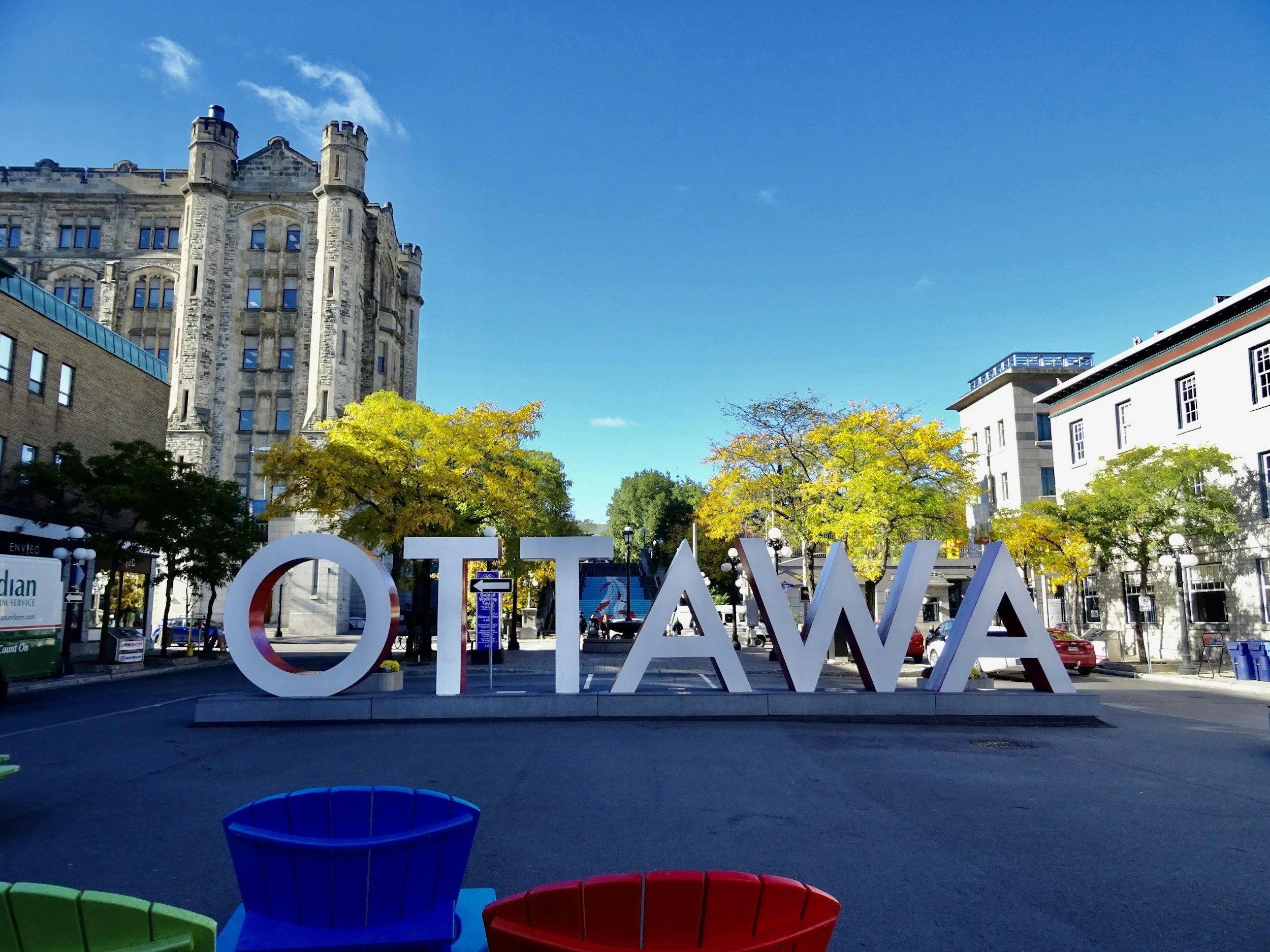How to Buy a Home in Ottawa with Bad Credit

Buying a home in Ottawa with bad credit can seem like an uphill battle, but it’s not impossible. With careful planning and strategic actions, you can secure a mortgage and get your dream home. Here’s a comprehensive guide to help you navigate the process.
1. Check and Improve Your Credit Score
Before you start your home search, it's crucial to know where you stand credit-wise. Obtain your credit report from one of Canada’s major credit bureaus, Equifax or TransUnion, and review it for any inaccuracies. Correcting errors on your report can boost your score significantly.
Improving your credit score involves consistent financial habits such as:
Paying bills on time: Timely payments are critical to maintaining and improving your credit score.
Reducing your credit card balances: Aim to use less than 30% of your available credit.
Avoiding new credit applications: Each new application can temporarily lower your score.
2. Save for a Larger Down Payment
A larger down payment can mitigate the risk to lenders and increase your chances of approval. While the minimum down payment in Canada is 5%, those with bad credit might need to aim for 20% to 25%. A significant down payment reduces the loan amount, which can result in lower monthly payments and may also help you avoid mortgage default insurance, required for down payments of less than 20%.
3. Explore Alternative Lenders
If traditional banks deny your mortgage application due to bad credit, consider alternative lenders such as trust companies, credit unions, or private lenders. These "B lenders" specialize in high-risk loans but often charge higher interest rates and fees. Working with these lenders can be a viable option if you need a mortgage despite a low credit score.
4. Consider a Co-Signer
Having a co-signer with a good credit score can significantly improve your mortgage application. The co-signer’s income and credit history are taken into account, potentially securing you better loan terms. This arrangement, however, requires a trustworthy relationship as the co-signer is equally responsible for the loan.
5. Work with a Mortgage Broker
A mortgage broker can be a valuable ally in your home-buying journey. Brokers have access to a broad range of lenders and can negotiate on your behalf, increasing your chances of securing a mortgage despite your bad credit. They can help you find the best possible terms and guide you through the application process.
Additional Tips:
Rebuild Your Credit: Continue to improve your credit score even after securing a mortgage. Over time, this can help you refinance for better rates.
Be Prepared for Higher Costs: Bad credit mortgages typically come with higher interest rates and additional fees. Make sure to factor these into your budget to ensure long-term affordability.
By taking these steps and seeking professional advice, you can overcome the hurdles of bad credit and successfully buy a home in Ottawa. Remember, improving your financial habits not only helps you secure a mortgage now but also sets a solid foundation for your future financial health.






























